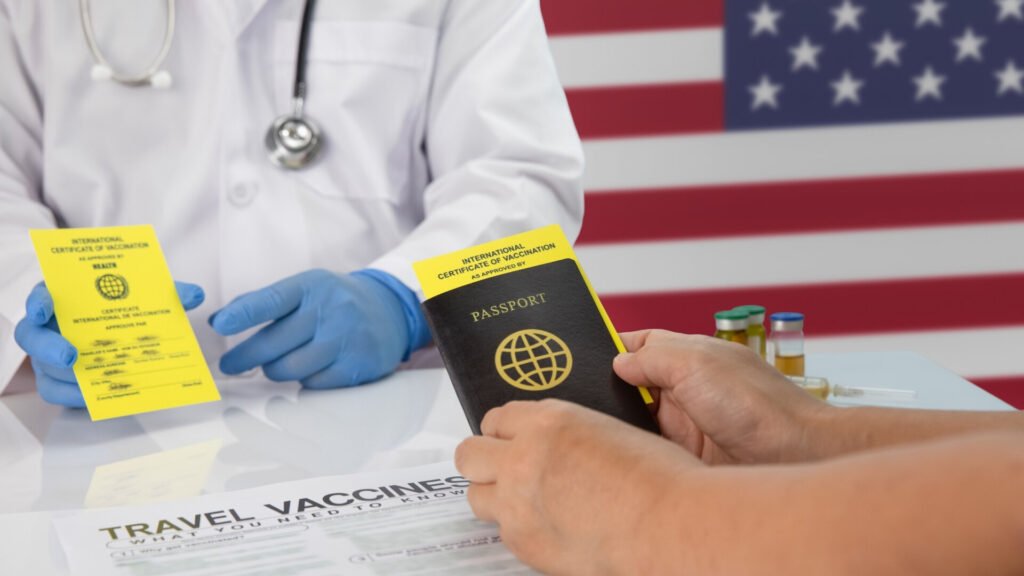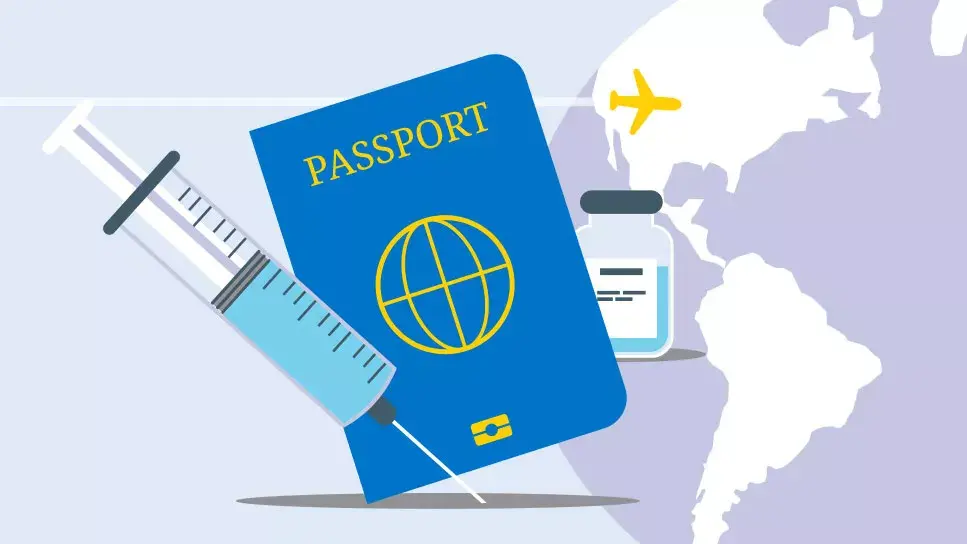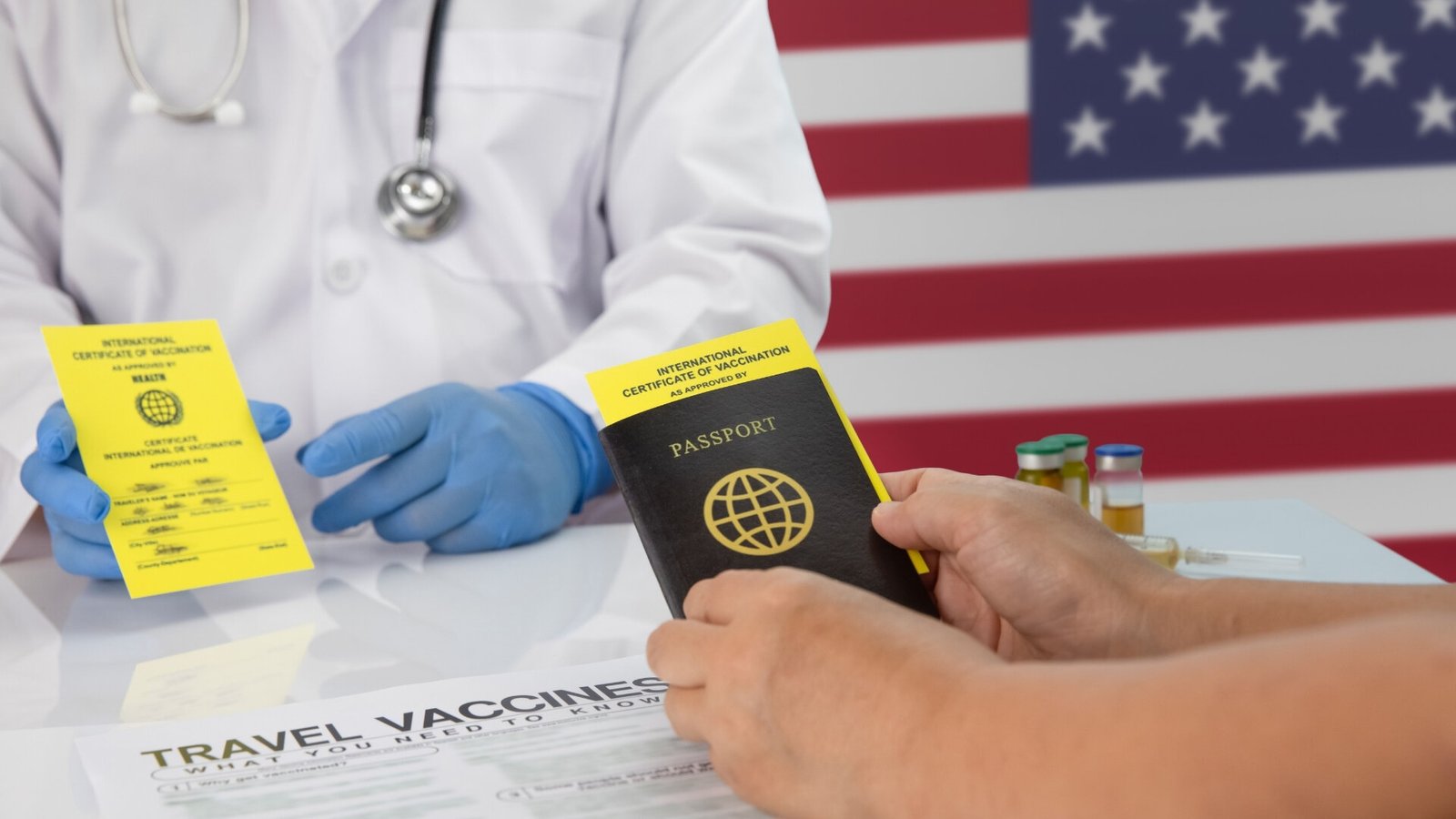
Travel Vaccines: Your Ultimate Health Passport
When planning your dream vacation, you probably think about packing, passports, and perfect itineraries. But how often do travel vaccines make it to the top of your checklist? If you’re heading abroad, protecting your health with the right travel vaccines should be just as important as your plane ticket. Let’s unpack everything you need to know in this complete 3000-word guide to travel vaccines.
What Are Travel Vaccines?
Definition and Purpose
Travel vaccines are immunizations designed to protect travelers from infectious diseases prevalent in certain parts of the world. These diseases may not exist—or be rare—in your home country, but they can pose serious health risks abroad.
How Travel Vaccines Work
Vaccines work by introducing a harmless version of a pathogen to your immune system. This teaches your body how to fight off the disease if it encounters the real thing later. Most travel vaccines are administered as shots, but some come in pill form.
Why Travel Vaccines Are Essential
Protection Against Regional Diseases
Different regions pose different health risks. For example, Yellow Fever is a threat in certain parts of Africa and South America, while Japanese Encephalitis is more common in rural Asia. Travel vaccines shield you from these region-specific threats.
Preventing Outbreaks
Vaccinated travelers help prevent the spread of diseases across borders. When you protect yourself, you’re also protecting others—especially vulnerable populations in areas with limited healthcare.
Meeting Entry Requirements
Many countries require proof of vaccination before allowing entry. The Yellow Fever vaccine is a common requirement. Without it, you could be denied entry or quarantined.

Common Travel Vaccines by Region
Africa
Yellow Fever
This mosquito-borne virus is deadly and found in sub-Saharan Africa. The vaccine is required for entry into several African countries.
Malaria (Prophylaxis)
While not a vaccine, antimalarial medication is crucial for many parts of Africa. Options include Malarone, doxycycline, and mefloquine.
Asia
Japanese Encephalitis
If you’re heading to rural parts of Asia, especially during mosquito season, this vaccine is strongly recommended.
Hepatitis A & B
Both viruses are common in many parts of Asia. Hepatitis A spreads through contaminated food and water, while Hep B is bloodborne.
South America
Yellow Fever
This remains a risk in several South American countries, including Brazil and Peru.
Typhoid
Typhoid fever spreads through food and water, making this vaccine essential for safe travel in rural or underdeveloped areas.
Europe
Tick-Borne Encephalitis (TBE)
Endemic in parts of Central and Eastern Europe, especially in forested regions.
Routine Vaccines
Measles outbreaks have occurred in Europe, so make sure your MMR is up to date.
Middle East
Meningococcal Vaccine
Required for all Hajj and Umrah pilgrims traveling to Saudi Arabia.
Polio Booster
Recommended or required in countries where polio remains a threat.
Recommended vs Required Vaccines
What’s the Difference?
- Required vaccines are mandated by a country for entry.
- Recommended vaccines are advised for your safety but not mandatory.
Country-Specific Mandates
Always check the CDC or WHO website for country-specific vaccine requirements. Some countries won’t even let you board a connecting flight without proper documentation.
Routine Vaccines You Shouldn’t Skip
MMR (Measles, Mumps, Rubella)
Even if you’re vaccinated, a booster might be recommended depending on where you’re headed.
Tdap (Tetanus, Diphtheria, Pertussis)
Cuts and wounds while traveling can expose you to tetanus. A booster every 10 years is standard.
Influenza
Travel increases your exposure to flu viruses, especially in crowded airports and planes.
Travel Vaccine Planning Timeline
6–8 Weeks Before Travel
Visit a travel clinic. Some vaccines take time to become effective, and others require multiple doses.
2–4 Weeks Before Travel
Get any remaining vaccines. Begin any prophylactic medications like antimalarials.
Last-Minute Travelers
Some vaccines can still be administered just days before travel. It’s better late than never.
Where to Get Travel Vaccines
Travel Clinics
These specialized clinics are your best bet. They offer expert advice and carry a wide range of vaccines.
Pharmacies
Major chains now offer many travel vaccines, often at a lower cost than clinics.
Primary Care Doctors
They can provide routine vaccinations and may refer you to a travel clinic for specialized ones.
Cost of Travel Vaccines
Insurance Coverage
Check with your provider. Some plans cover travel vaccines, while others don’t.
Out-of-Pocket Expenses
Costs vary. For example:
- Yellow Fever: $150–$250
- Typhoid: $85–$150
- Hepatitis A & B combo: $100–$200
Budget-Friendly Tips
- Ask about travel vaccine packages.
- Check for local health department discounts.
- Use Flexible Spending Accounts (FSAs) or Health Savings Accounts (HSAs).
Side Effects and Safety
Common Side Effects
- Sore arm
- Mild fever
- Fatigue
These usually resolve in a day or two.
Severe Reactions
Rare but can include allergic reactions. Always disclose allergies and health history to your provider.
Safety for Pregnant Travelers
Some vaccines (like Yellow Fever) may not be safe during pregnancy. Always consult your OB-GYN and travel doctor.
Travel Vaccines for Children
Age-Appropriate Vaccinations
Not all vaccines are approved for young children, but many are safe and effective starting at 6 months old.
Pediatric Considerations
Children may need multiple visits. Start planning early and carry vaccination records.
Special Considerations
Travelers with Chronic Illness
If you have diabetes, heart disease, or other conditions, you may need additional precautions or timing adjustments.
Immunocompromised Travelers
Live vaccines might not be safe. Talk to a travel health expert to weigh risks and options.
Myths About Travel Vaccines
“Natural Immunity is Better”
Not when you’re risking your life over a preventable disease.
“Vaccines Cause Illness”
Vaccines use inactivated or weakened versions of viruses. You’re not getting the disease itself.
“They’re Not Necessary for Short Trips”
Infections don’t care how long you’re visiting. A single mosquito bite is all it takes.

